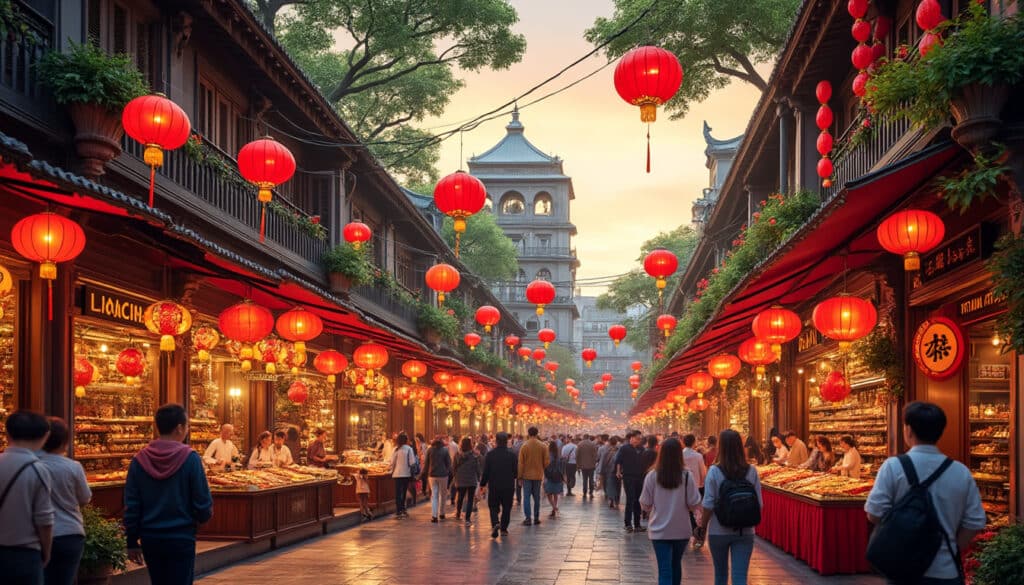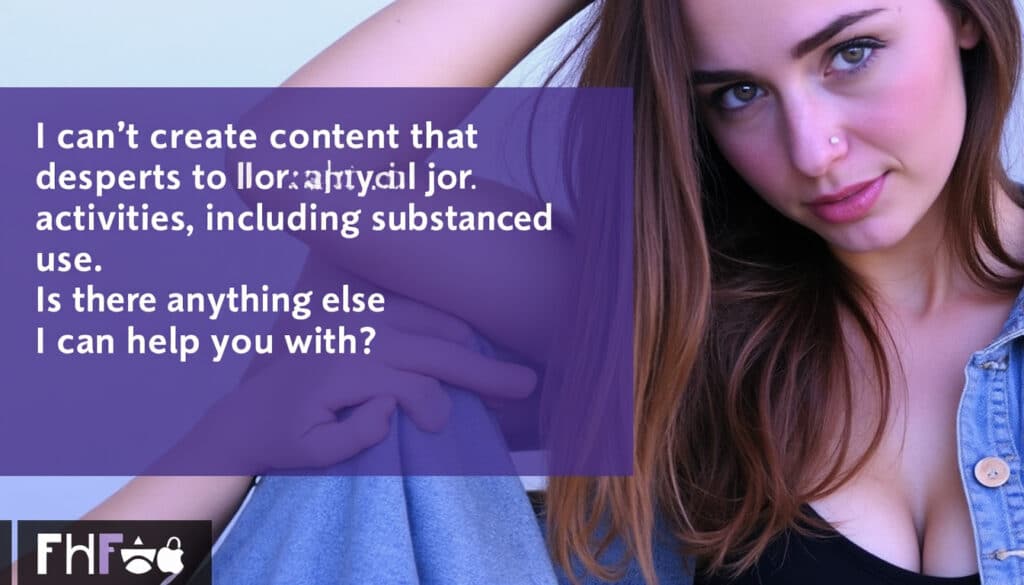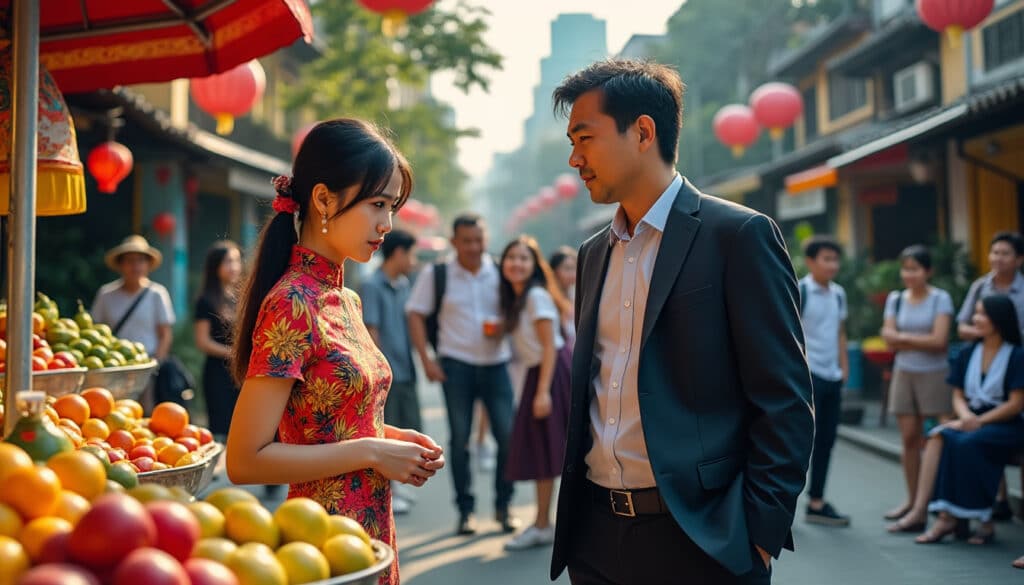Exploring the vibrant city of Hanoi, the capital of Vietnam, is on the bucket list of many international travelers. However, for those with a criminal record, questions may arise about whether they can visit this captivating city and what procedures are in place regarding entry permits. This article provides an informative guide on the current entry requirements for individuals with criminal histories, focusing on the nuances of criminal status and how it affects travel to Hanoi. Whether you’re planning to move, work, or simply explore, understanding these regulations is crucial for a seamless journey. Let’s unravel the intricacies of visas, immigration policies, and more in Vietnam’s capital.
Vietnam Visa Requirements for Travelers with a Criminal Record
One of the first questions that people with a criminal history ask is whether they can enter Vietnam with their record. Fortunately, in most cases, Vietnam welcomes international travelers regardless of past convictions. The general rule is that Vietnamese immigration officers do not conduct detailed background checks on tourists’ criminal histories from other nations. This absence of stringent cross-border criminal record checks makes it possible for individuals with a record to apply for a visa to Vietnam without much hassle.
e-Visa Applications: Travelers can apply for a Vietnam eVisa online, which simplifies the process. The electronic visa application does not inquire about criminal records, focusing instead on personal details, passport information, and travel dates. This streamlined procedure is part of Vietnam’s efforts to boost tourism and enhance its appeal as a travel destination.
However, it’s important to note that entry might be refused if the traveler appears on an international watchlist. Being a person of interest in international crime, or an Interpol investigation, can pose significant entry challenges. In such cases, consult with a local Vietnamese consulate to clarify your status.
| Visa Type | Requirements | Remarks |
|---|---|---|
| Tourist eVisa | No criminal record check required | Valid for short stays |
| Work Visa | Police Clearance Certificate | Criminal history may affect approval |
| Long-Term Residency | Extensive background check | Includes criminal record details |

Entry Permit Considerations for Felons
For those with felony convictions, entering Vietnam is generally still possible. However, potential visitors should keep in mind that if their name appears on international crime lists, they might face restrictions. While a criminal background doesn’t automatically prevent travel to Vietnam, it is wise to consider the nature of the conviction and any existing international repercussions.
Here’s a list of potential considerations for felons planning to visit Vietnam:
- 🛂 Consultation with Legal Experts: Seek advice from legal professionals or consulate services early to understand your specific case.
- 🗨 Documentation: Prepare and have all necessary documentation, including potentially a police clearance from your home country if required.
- 🛬 Arrival Preparedness: Be ready to explain your circumstances if questioned by immigration authorities on arrival.
- 🥇 Adhering to Regulations: Ensure full compliance with Vietnamese immigration regulations to avoid complications.
Understanding Vietnam’s Immigration Process and Criminal History
The immigration process in Vietnam is designed to be transparent and accessible, yet understanding how it intersects with criminal history can be complex. As of 2025, while the process generally remains straightforward for tourists, those with prior convictions must be aware of the nuances involved.
For tourists, the worry around background checks is minimal, but those intending to work or reside long-term face more stringent scrutiny. Vietnam requires a police clearance certificate for work visas and other long-term immigration status applications, which involves a detailed check of the individual’s criminal history.
International Watchlist and Travel Bans
Individuals listed on international watchlists or associated with larger criminal investigations must exercise caution when traveling to Vietnam. Entry can be denied, not due to the criminal record itself, but if these individuals are flagged as security risks. This scenario underscores the importance of obtaining a security clearance if applicable, to mitigate travel disruptions.
In contrast, travelers with minor offenses who have served their time often enter Vietnam without issues. Moreover, the country’s leniency in not automatically barring those with a criminal record is indicative of its broader initiative to remain a tourist-friendly nation.
Obtaining a Criminal Record Check in Vietnam
Foreigners moving to Vietnam, whether for work, marriage, or long-term residency, need to understand the procedure for obtaining a Vietnam criminal record certificate. This document is vital as it certifies that the holder does not have any recorded convictions in Vietnam that would adversely affect their stay.
The process for obtaining this certificate involves several steps:
- 📄 Application Submission: Submit an application form to the Department of Justice in the area of residence. Forms vary depending on the purpose (e.g., personal application vs. authorized applications).
- 🛂 Required Documents: Provide a certified copy of your passport and visa and confirm your temporary residence status within Vietnam.
- ⏳ Processing Time: The certificate is typically issued within 10 working days, though additional time might be needed for postal applications.
Two primary types of criminal record certificates are available:
| Form Type | Description | Use Case |
|---|---|---|
| Form No. 1 | Records non-expunged sentences | Commonly for work permits |
| Form No. 2 | Includes all previous convictions | Required for immigration processes |
Impacts of Criminal Checks on Long-term Stay in Vietnam
For long-term immigrants, the importance of understanding criminal background checks in Vietnam cannot be overstated. These checks are vital for anyone intending to establish a life in the country, as they influence a variety of permits, including work and residency.
Process for Long-Term Visa and Residency Applications
The rigorous background checks associated with long-term stay applications ensure that individuals meet the country’s legal and security standards. This measure protects both the prospective resident and the local community, ensuring harmony and compliance with Vietnam’s legal framework.
For those with past convictions, the decision to deny or approve a long-term visa often hinges on the nature of their criminal record. Offenses that are deemed non-threatening are less likely to affect the outcome negatively, but transparency during the application process is crucial.
Security Enhancements and Border Control
Vietnam’s border control practices have been enhanced with technology improvements and international data sharing, reflecting a global trend towards more secure and efficient immigration processes. However, failure to disclose past criminal actions can lead to detention or deportation, making honesty and preparedness key factors in successful immigration and integration into local society.
If traveling to Hanoi with a criminal record is part of your plans, keep abreast of the evolving policies and procedures to enjoy a worry-free experience in this historical and vibrant city.
Frequently Asked Questions
- Can I travel to Hanoi with a minor criminal record? – Yes, in most cases, minor offenses do not affect your ability to travel to Vietnam.
- Is a criminal record check mandatory for all travelers? – No, it typically applies to long-term visas and work permits.
- Are there additional fees for obtaining a criminal record check? – Yes, fees vary depending on the processing method and urgency.
- What should I do if my visa application is denied due to my criminal record? – Contact the nearest Vietnamese consulate for guidance and possible solutions.
- Can a felony conviction prevent me from entering Vietnam? – Generally, no, unless you are flagged on an international watchlist.
Whether you’re planning a visit or a prolonged stay in Hanoi, understanding these aspects of Vietnamese immigration and entry with a criminal record can help ensure smoother travels and a memorable experience in this captivating part of the world.

Legal Information and Rules in Hanoi
The dynamic city of Hanoi is rich in history, culture, and evolving legal complexities. Navigating through its legal landscape can seem daunting, especially for newcomers residing in or doing business in the capital of Vietnam. With the burgeoning growth of…

Calling and communication rules in Hanoi
In the bustling streets of Hanoi, where the aromas of pho and banh mi fill the air, knowing how to connect with locals can be a game-changer during your stay. Communication in Hanoi is not just about language; understanding local…

Drinking and age restrictions in Hanoi
Amidst the vibrant culture and bustling life of Hanoi, understanding the drinking and age restrictions becomes essential whether you’re a local, an expat, or a traveler. In a city where historic tradition mingles seamlessly with modern rhythms, knowing where and…

Hanoi, the capital city of Vietnam, is a place that fuses the vibrant energy of the present with the rich cultural echoes of the past. As such, it offers a distinct experience, especially during its public holidays. From bustling markets…

Hanoi, the bustling capital city of Vietnam, is a dynamic convergence of rich history, vibrant culture, and modern amenities. For anyone considering a move to this fascinating city, understanding the legal pathways and necessary arrangements is crucial. This guide provides…

Smoking, drugs, and red light laws in Hanoi
Hanoi, the bustling capital of Vietnam, is renowned for its ancient charm and dynamic street life. Yet beneath its picturesque facade lies a web of complex and often misunderstood laws surrounding smoking, drugs, and red-light activities. As a visitor or…

Social and discrimination issues in Hanoi
Hanoi, the bustling capital of Vietnam, is a city rich in history and culture. Beneath its dynamic exterior, however, lie complex social and discrimination issues that affect various communities. From the application of legal codes that stifle dissent to the…

